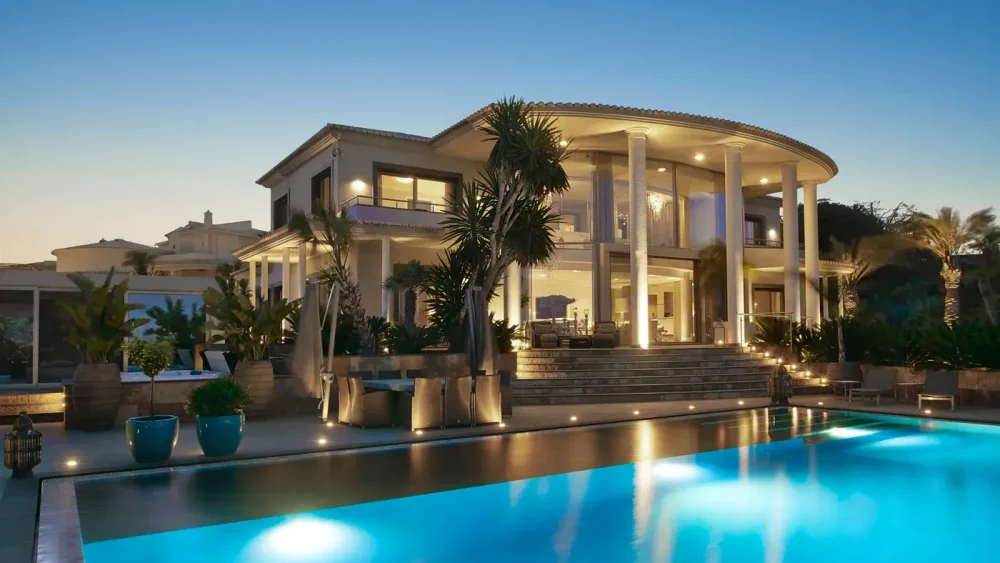
In the asset market, luxury has taken its own niche, both literally and figuratively. The reflection of prestige, capital power, and taste is concentrated in properties that do not shout about their price, but demonstrate their value through thoughtfulness, privacy, and uniqueness. The answer to the question of what luxury real estate is lies not …

Immigration requires not only a desire, but also an understanding of the legal situation. It is at this stage that the key differences between a residence permit and permanent residence are revealed. A mistake at the start leads to limitations, lengthy procedures, and difficult integration. Therefore, choosing the right status affects the comfort, stability and …
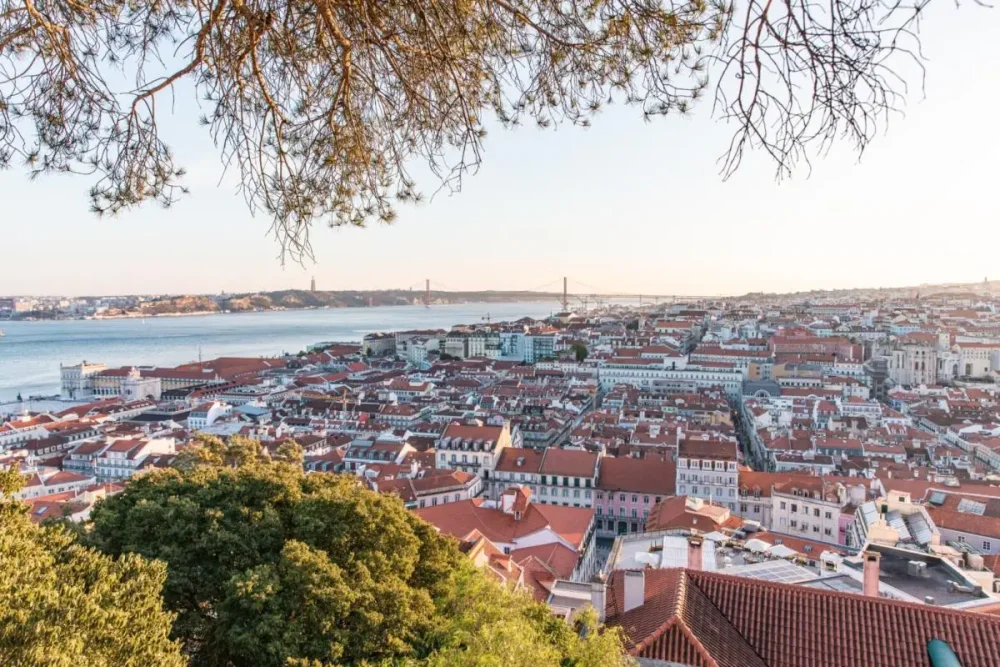
Investing in overseas commercial property offers a wide range of opportunities for capital growth, asset diversification and stable income. With globalisation and the expansion of international markets, the format of properties in countries like Portugal continues to attract the attention of investors from around the world. Understanding the key advantages of such investments helps to …
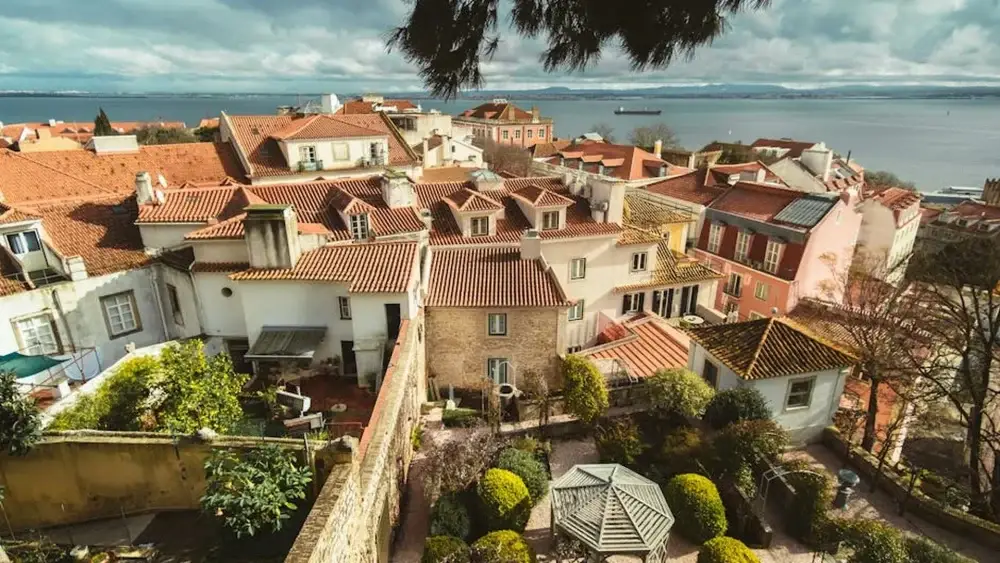
Portugal offers not only a mild climate, high quality of life and a sustainable economy, but also affordable opportunities in the property market. Outside the tourist highways and metropolitan areas remain regions with low prices, high liquidity and growth potential. Cheap cities in Portugal for buying a home allow you to build a balanced investment …
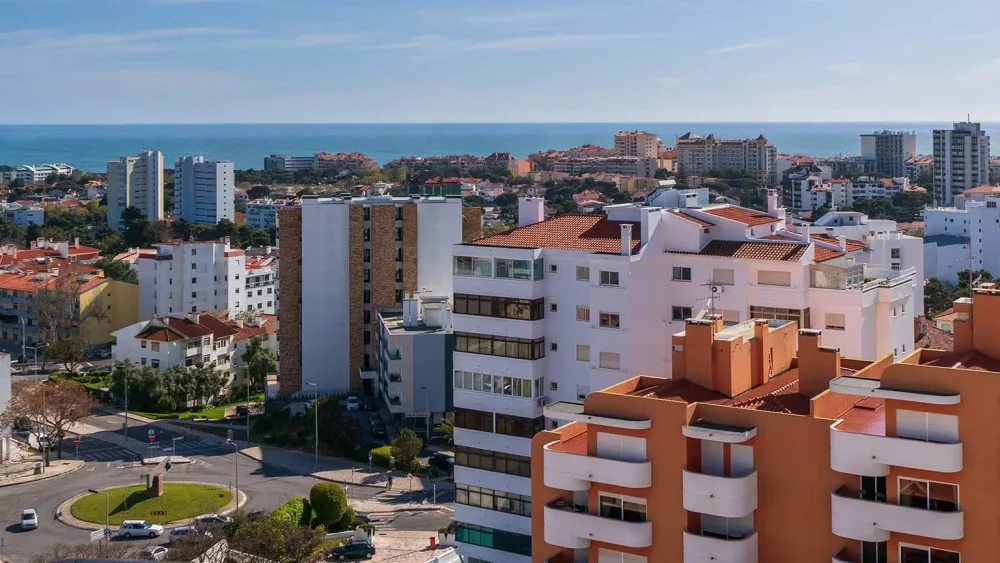
Mortgage in Portugal for foreigners confidently retains the status of a sought-after instrument for purchasing residential or investment property in the European Union. The country offers not only a sunny climate and a stable economy, but also loyal financial mechanisms for non-residents. Portuguese banks willingly lend to international buyers, forming conditions that combine predictability, a …
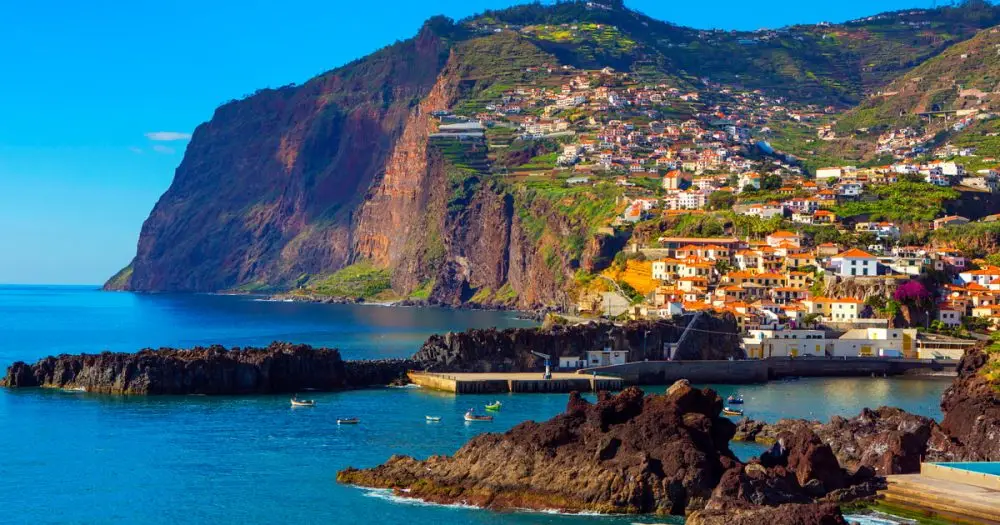
“Flowering Island” of Portugal represents an ideal place to live and holiday, thanks to its comfortable climate, low taxation and high quality of services. Many foreign nationals from all over the world are considering moving to Madeira in order to obtain permanent residence (Permanent Residence) or residence permit, benefit from all the advantages of residence, …
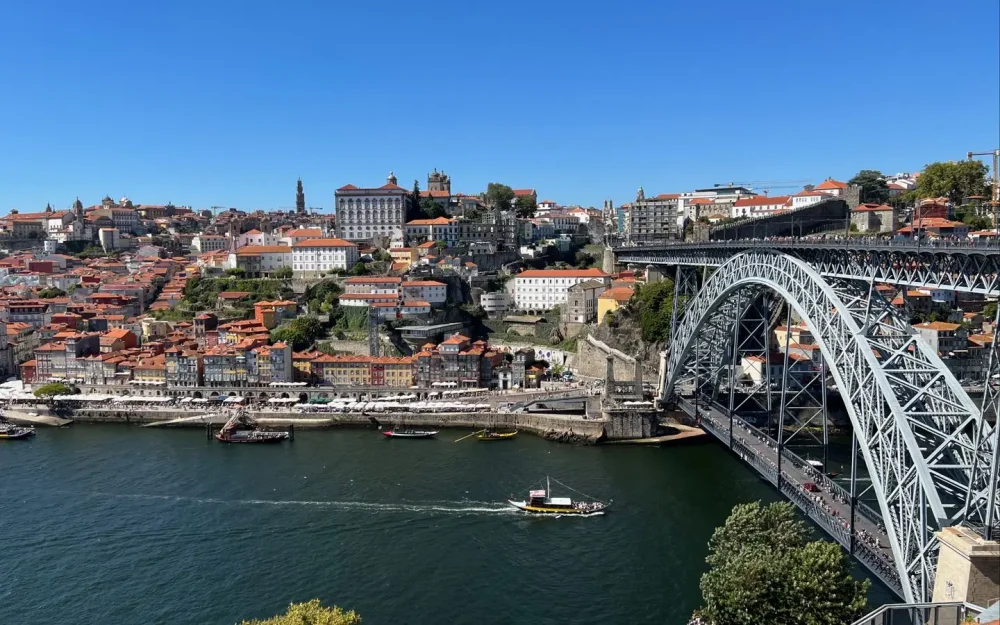
Portugal continues to be one of the most attractive countries for immigration due to its mild climate, affordable prices and high quality of services. In recent years, the country has been actively attracting foreigners by offering residence permit programmes, comfortable working conditions and the opportunity to buy real estate on favourable terms. The best cities …
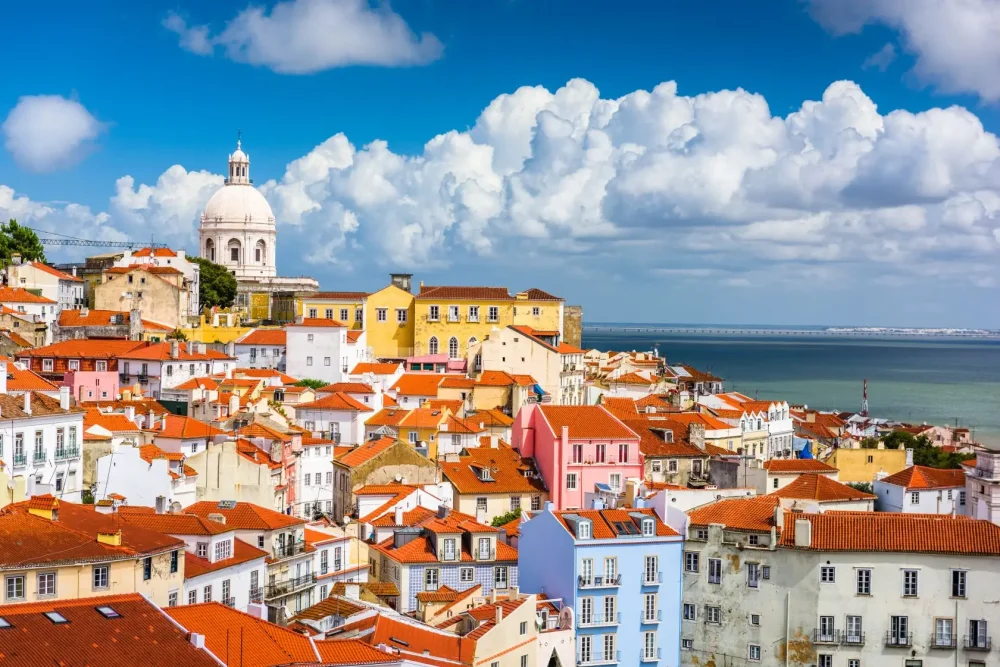
With its mild climate, Mediterranean cuisine and unique cultural atmosphere, Portugal is considered one of the most attractive destinations to relocate to in 2025. The country offers a harmonious combination of affordable prices and a high level of comfort. In this article, we will tell you how realistic it is for a Russian to fit …
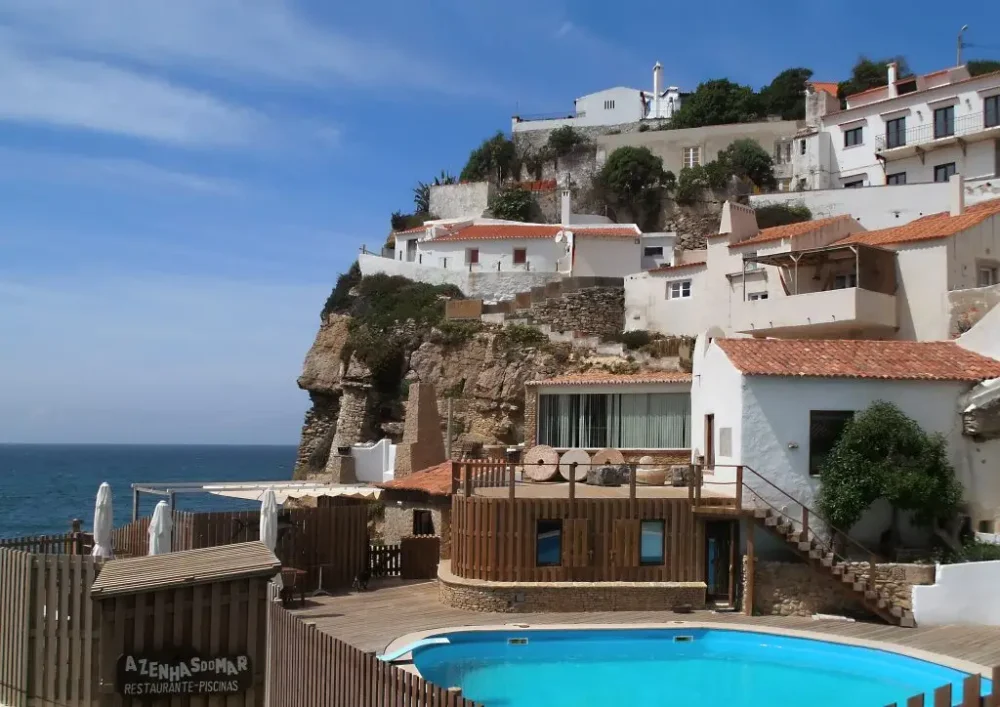
Portugal continues to attract investors from all over the world due to its favourable tax system, warm climate and stable property market. Purchasing a home in this country entitles you not only to a comfortable stay, but also to additional benefits with proper planning. Before buying, it is necessary to carefully study what property taxes …
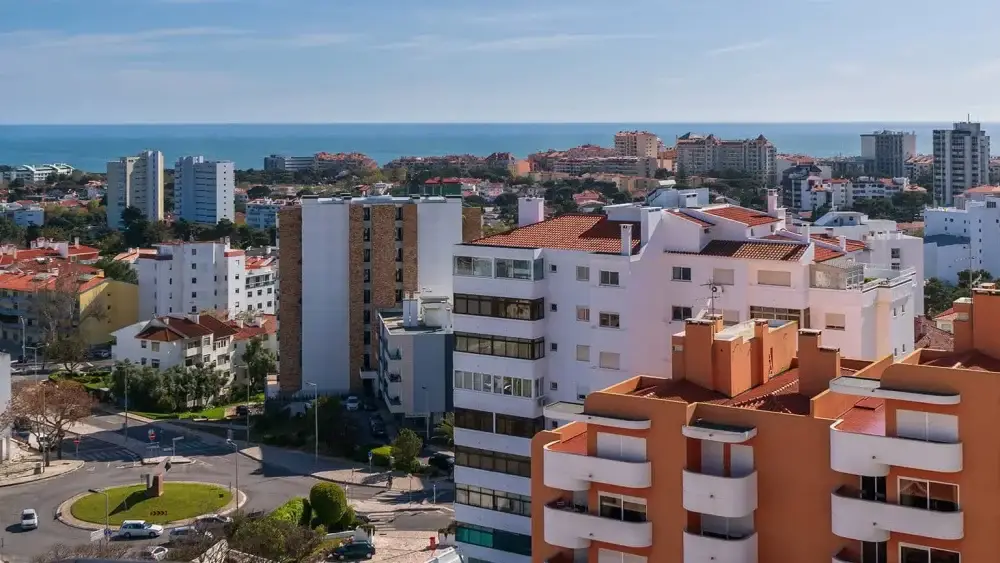
Portugal is a country with a warm climate, amazing landscapes and a stable economy. In recent years, the state has become a popular destination for investors looking not only for profit, but also for comfortable living conditions. The Golden Visa programme, introduced in 2012, simplifies the process of obtaining residency through investment. Before moving to …

Considering Lisbon for a move? Portugal’s capital city offers a number of advantages to Russians, from its warm climate and rich history to its European standard of living and relatively easy adaptation. Lisbon is a city where majestic architecture, breathtaking views of the Atlantic and the dynamism of modern European life meet, intertwined with a …
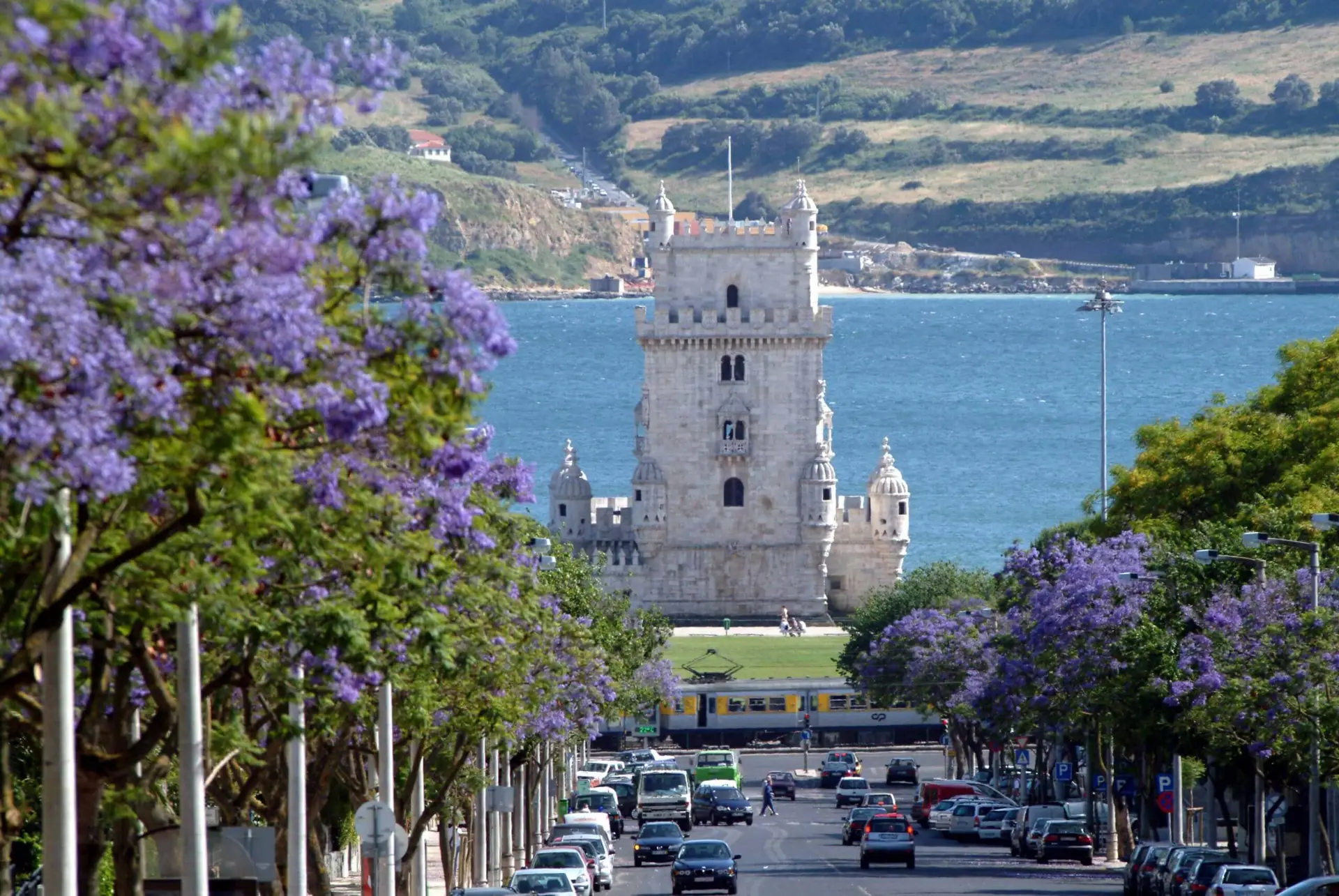
Golden beaches, year-round sunshine and a leisurely pace of life – sounds like a dream? The pros of living in Portugal seem obvious, but the country has challenges as well as benefits. For those considering a move, it’s important to know the ins and outs, from the cost of living to the Portuguese ‘saudade’. Why …